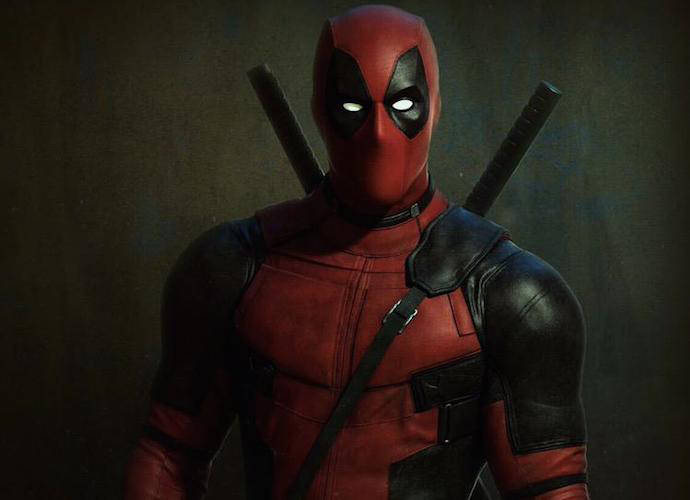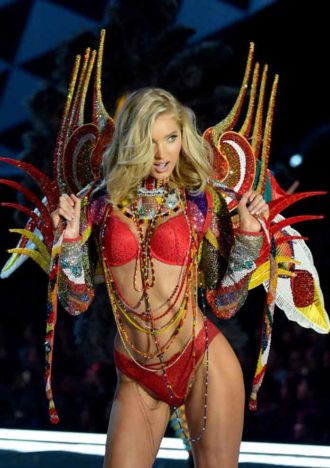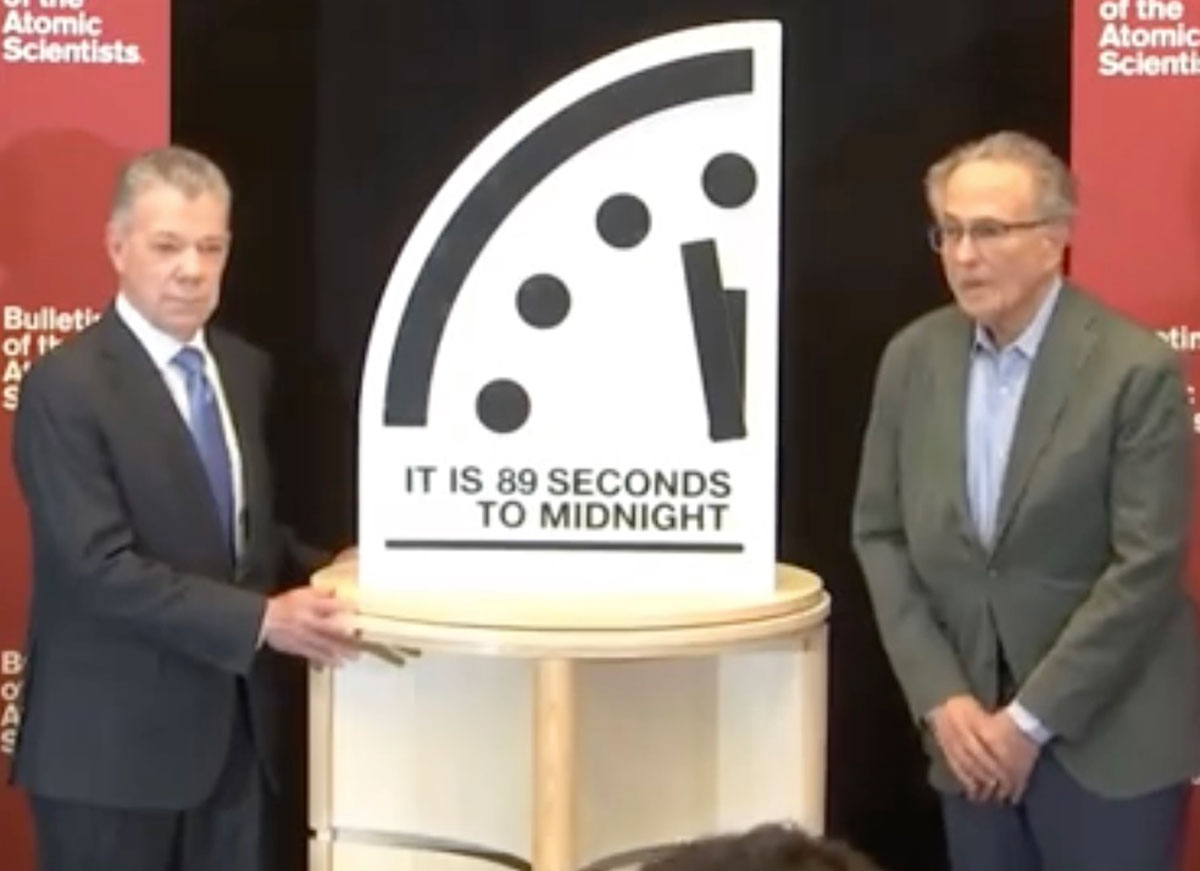‘Deadpool 2’ Movie Review: Second Time Not The Charm For Exhausting Sequel

2.5/5
Generally, I take a “live and let live” approach when it comes to art. Maybe there are some artworks that are “objectively” better than others, but I do not believe we have discovered a way to definitively know that. So if a movie finds a devoted fan base but it does not float my boat, I let those folks have their enjoyment. But every once in a while something makes a big splash and its generally positive reception sticks in my craw. My biggest anti-cause the last few years has been Deadpool. Now, if some folks cannot help themselves but laugh uncontrollably at the Merc with a Mouth’s smartass irreverence, I can accept that different people have different senses of humor. But when it started getting to the point that the film was becoming a legitimate awards player, I could not stand idly by, so I have been making it clear that there are too many aspects of Deadpool that should not be encouraged in filmmaking.
Deadpool 2 is mostly more of the same, which is to say that (at least for me) 15 minutes of it is bearable, even kind of amusing, but two hours is just exhausting. Still, it is worth appreciating that it actually does correct some of the original’s worst excesses. Where before Wade Wilson’s meta references missed the mark by falsely accusing other Marvel films of being oh-so-serious, he has now expanded his reference pool to acknowledge that it is the DC Universe that it is overly bleak (although that is hardly a revelatory observation). Also, it is clear that the budget has been upgraded, which means that we do not have to deal with an ugly washed-out grey palette anymore. Plus, director David Leitch – a veteran stunt coordinator who most recently helmed Atomic Blonde – can film action cleanly and efficiently no matter what the budget.
Oscars 2018: Best Dressed Slideshow!
But all that does not change the fundamental fact that so many of Deadpool’s jokes do not go much beyond Seltzerberg-level acknowledgement of things that have happened. It is, for example, worth deconstructing or even criticizing the preponderance of CGI in major modern action movies, but saying “big CGI fight coming up” and then just following that up with a fight between two computer-generated characters does not deconstruction or criticism make. And really, the foundation of Deadpool’s humor lies not in the fourth-wall breaking but in Ryan Reynolds’ motormouth, as demonstrated by one decent bit in which he purposefully misremembers some minor character’s name and offers multiple confident wrong guesses in the same breath. The folks whose paths he cross offer plenty of fruitful base reactions to respond to him, whether bemusement, frustration, eagerness, which leads to some decent repartee, but it remains a problem that Deadpool’s default is to be stuck in his own world.
As for the plot, the overriding question ought to be: why is this Deadpool’s story? And the answer is: it isn’t, he’s just stuck himself in it. The hook is of the “time travel to kill a mass murderer when he was a child” variety, with the cybernetic mutant Cable (Josh Brolin) heading back decades to kill Russell (Hunt for the Wilderpeople’s Julian Dennison), a fire-wielder whose thirst for killing has been stoked by his abuse at a mutant orphanage. Wade’s ultimate decision to sacrifice himself to protect Russell is presented as him learning the value of family and actually caring about other human beings. But the thing is, that is not a lesson he needs to learn. True, he takes nothing seriously, but that does not mean he doesn’t care about anything. Just witness his love for his fiancée (Morena Baccarin) and for dubstep. What we ultimately have on our hands then is something akin to a feature-length version of the Oscar montages of Billy Crystal inserting himself into that year’s movies, but with 1000% more mugging.
Starring: Ryan Reynolds, Josh Brolin, Morena Baccarin, Julian Dennison, Zazie Beetz, T.J. Miller, Brianna Hildebrand, Stefan Kapičić, Leslie Uggams, Karan Soni, Eddie Marsan
Director: David Leitch
Running Time: 119 Minutes
Rating: R for Plenty of Potty Mouth and Gleeful Violence – All Acknowledged with Fourth-Wall Breaking!
Release Date: May 18, 2018
RELATED ARTICLES
Get the most-revealing celebrity conversations with the uInterview podcast!

 Click here for the Victoria’s Secret Fashion Show 2017, Shanghai: 15 Best Photos Slideshow
Click here for the Victoria’s Secret Fashion Show 2017, Shanghai: 15 Best Photos Slideshow



Leave a comment